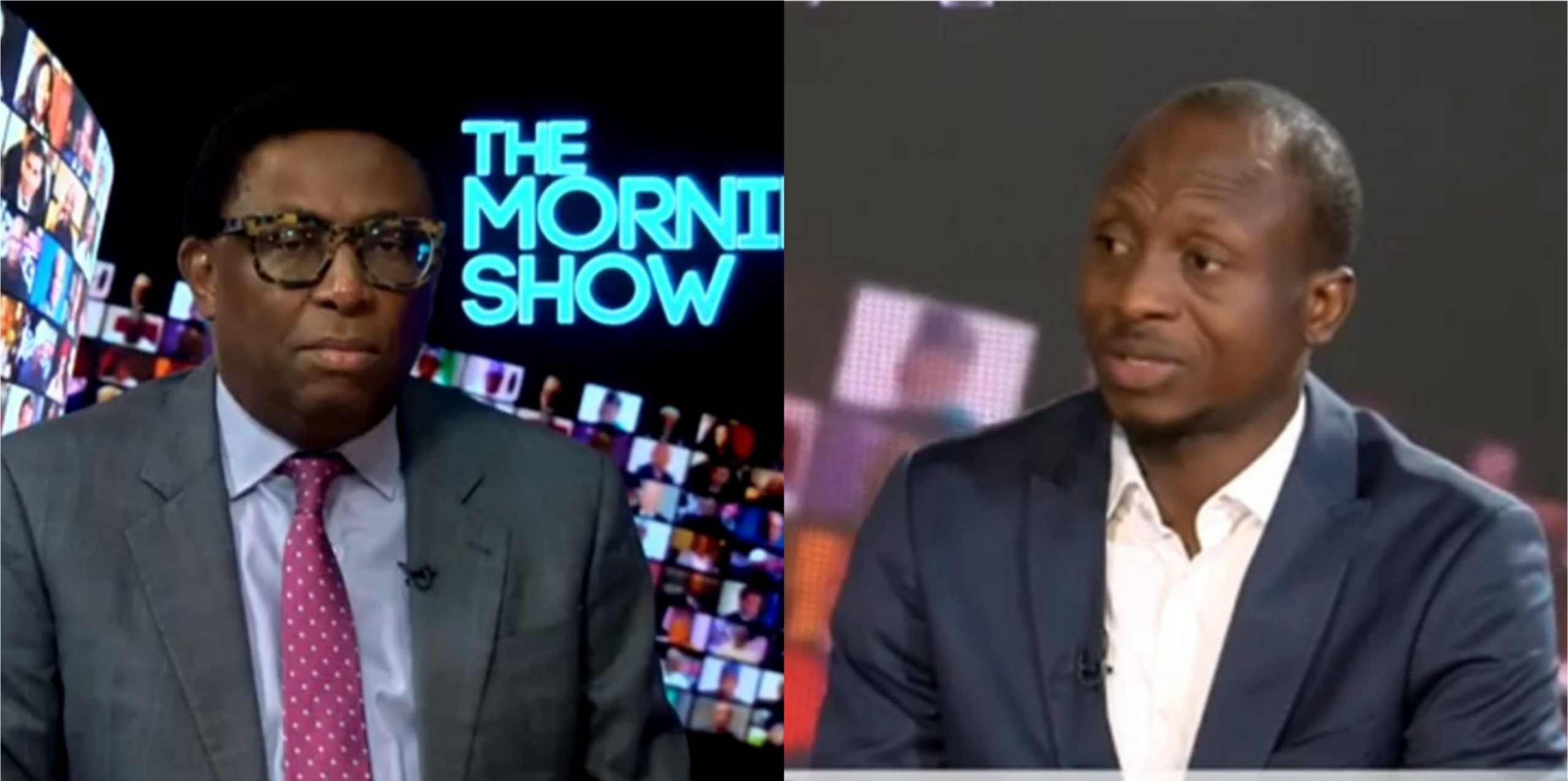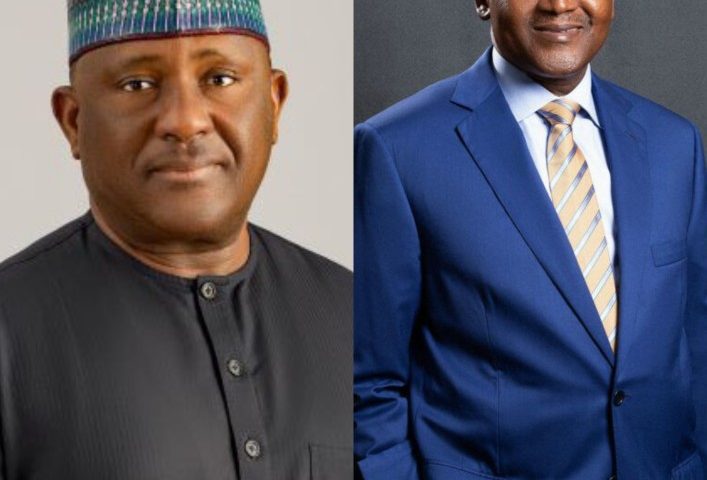The recent monetary policy tightening measure adopted by the Central Bank of Nigeria (CBN) has continued to generate reactions as economic experts express divergent views about the impact on soaring inflation.
Prime Business Africa reports that the apex bank had on 27 February 2024 after its 293rd Monetary Policy Committee meeting, announced an increase of the Monetary Policy Rate (MPR), the benchmark interest rate by 400 basis points to 22.75 per cent from 18.75 per cent. During its last MPC meeting held on 25 and 26 March, the CBN governor, Olayemi Cardoso, announced that the members, again, voted to raise the MPR by 200 basis points to 24.75 per cent. He said the MPC members’ consideration was on how to tackle inflationary pressure on the economy, as this measure would help reduce money supply to the economy and which they believe is partly causing it because more money is now chasing fewer goods.
According to data released by the National Bureau of Statistics (NBS), recently, the headline inflation increased to 31.7 per cent in February from 29.90 per cent in January while food inflation surged to 37.92 per cent from35.41 per cent.
Commenting on the CBN’s decision, Chief Executive Officer, CFG Advisory, Tilewa Adebajo, said it was a step in the right direction.
The economic expert said the total money supply in Nigeria increased by over N40 trillion in one year and now it’s close to N95 trillion. “If you put all these monies into the system, you need to tame inflation,” Adebajo, who appeared on Arise News Morning Show on Wednesday said.
With the fact there is 133 million people in multidimensional poverty, pensioners, and other set of citizens whose purchasing power have been drastically eroded due to high inflation, Adebajo said there is a need to “restore price stability and get back to normal… inflation is now being targeted at 21 per cent and interest rate is now at 24.75 per cent. What that means is that real rates and real yields are now positive. So, for an Investor that is thinking towards the end of the year, you can now begin to make commitments towards stability. Once we have this stability, you can begin to look at growth.”
He stated that to achieve price stability, growth (as reflected in the GDP) has to be sacrificed for the next nine months.
He pointed out that the CBN ways and means advances to the Federal Government which has shut up to N30 trillion has impacted the economy negatively through pushing too much money into circulation and needs to be resolved through measures that create price stability which the MPR rate hike is poised to achieve.
He said there is a gradual realignment of fiscal and monetary policies to stabilise the economy.
Highlighting some dynamics in Nigeria’s economic history, Adebajo observed that in 2019, Nigeria had a capital importation of up to $25 billion but as of last year, it was about $3 billion which means that something went wrong that led to distortion of the economy within three years.
He said that if the authorities get things right, there would be a rise in capital importation of up to $60 or $70 billion with about $25 billion coming from Foreign Portfolio Investment (FPI), another $25 billion from diaspora remittances and another $10 billion or more from the government into Nigeria on a yearly basis.
“But the distortion in our economy is the reason this is not coming in,” Adebanjo stated with a tone of regret.
He observed that there is now an increase in government’s monthly revenue as shown in data released by the Revenue Mobilisation and Fiscal Allocation Commission (RMFAC), which could be deployed in debt servicing and funding over N11 trillion deficit in the 2024 national budget.
He advised that while revenue collection continues to improve, the government needs to curb wasteful expenditure.
On efforts by the government on the fiscal side, Adebajo said the authorities are not showing any sign of applying austerity measure.
Speaking on the current naira appreciation, the economic expert said it is not yet to time celebrate, underscoring the need for stability od exchange rates. “There is nothing to celebrate yet; let’s get back to normalcy first.”
On his part, Chief Economist and Partner at SPM Professionals, Mr Paul Alaje, said the authorities need to look at the problem of inflation in Nigeria from a holistic approach, noting that viewing it from only the perspective of money supply isn’t the best, because there is also the problem of supply side disruption.
He said: “If you want to increase the interest rate to control money supply, you need to ask the question, where has the increase in money supply gone to; the private sector or public sector?” Alaje when he appeared on Arise News on Wednesday.
Alaje argued that increasing the interest rate could crowd out investments, stifle employment and general economic growth, noting that some foreign investments could come but no portfolio investment in the real sector.
He recommended that government should boost the supply side which include improving productivity in the area of food production, manufacturing and exports.
“The question is have we increased food supply? If we reduce money supply by increasing interest rate, but there is still no food, what will happen to price, it will still go up.”
He contended that to bring down inflation rate to the single digit it used to be at about 8 or 9 per cent, it will not work with the present policy, adding that it can only reduce it to 20 or 21 per cent.
The economic expert maintained that bringing it down drastically, requires would requires upscaling production in different sectors, which is beyond what the CBN can do.
This, according to him, can be achieved by solving the problem of insecurity, improving infrastructure like power, fixing roads and putting refineries in place to ensure stable supply of refined petroleum products.
On the proposed amendment of the CBN Act of 2007, Adebajo said the National Assembly should drop the aspect that talks about CBN submitting its budget to them for approval, contending that such practice would remove the independence of the apex bank and would create some negative outcomes in the bank’s operations.
Victor Ezeja is a passionate journalist with seven years of experience writing on economy, politics and energy. He holds a Master's degree in Mass Communication.


















Follow Us